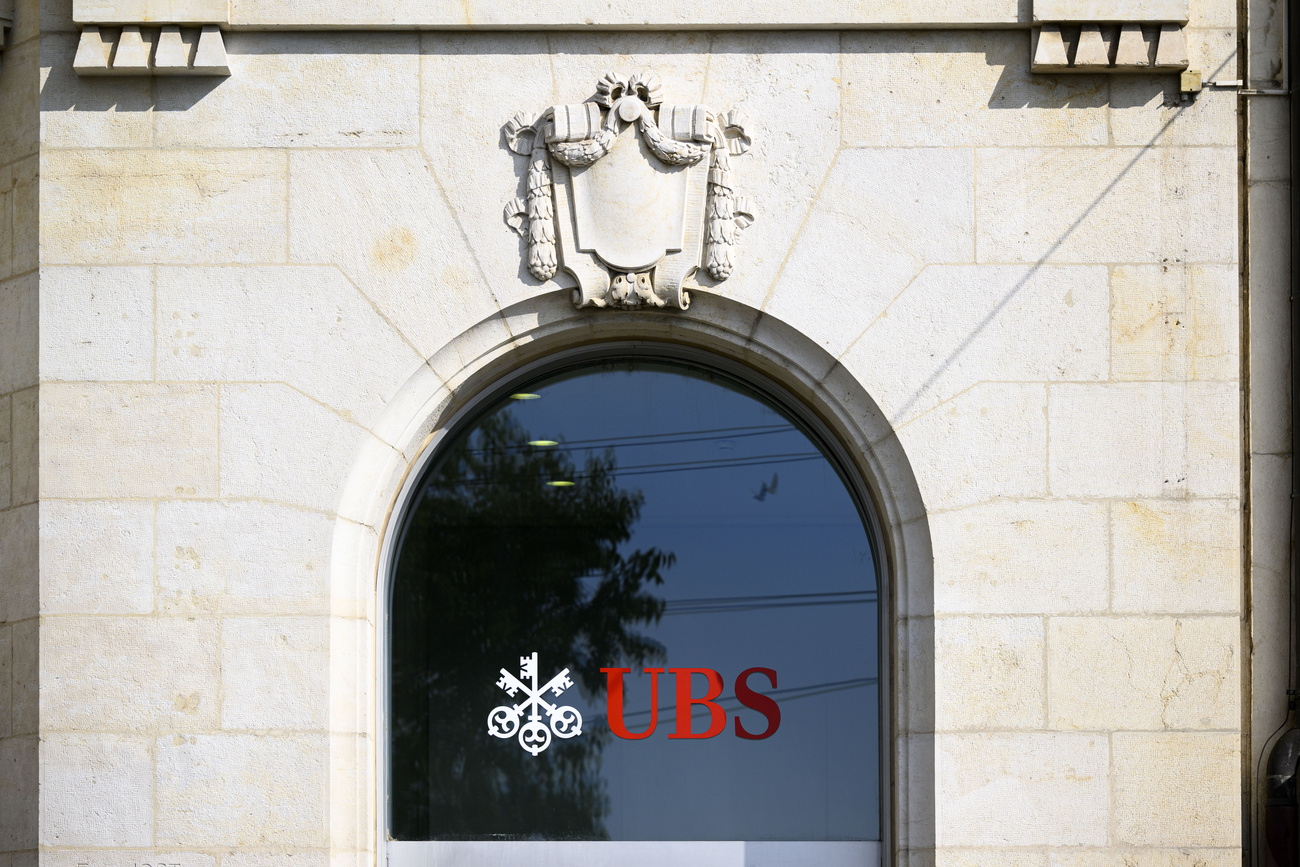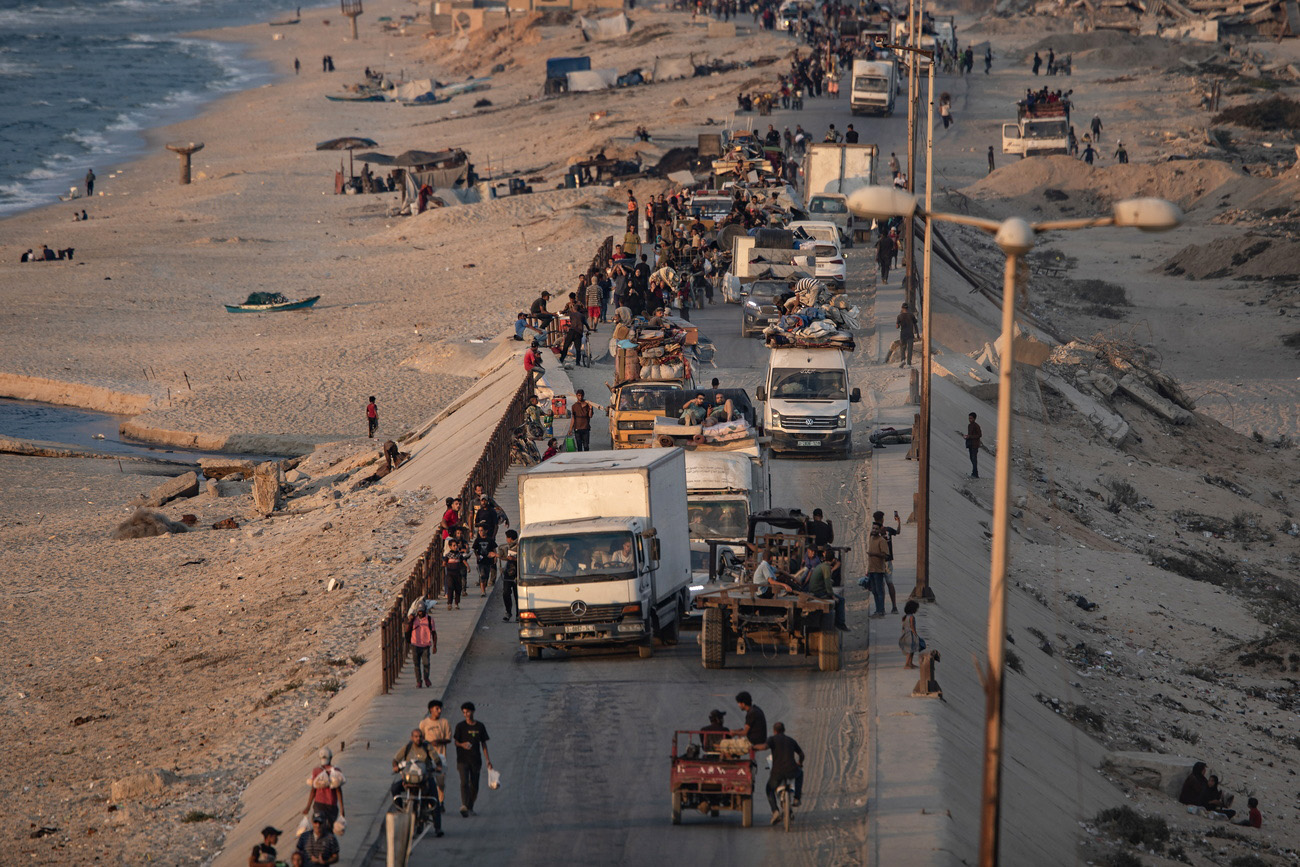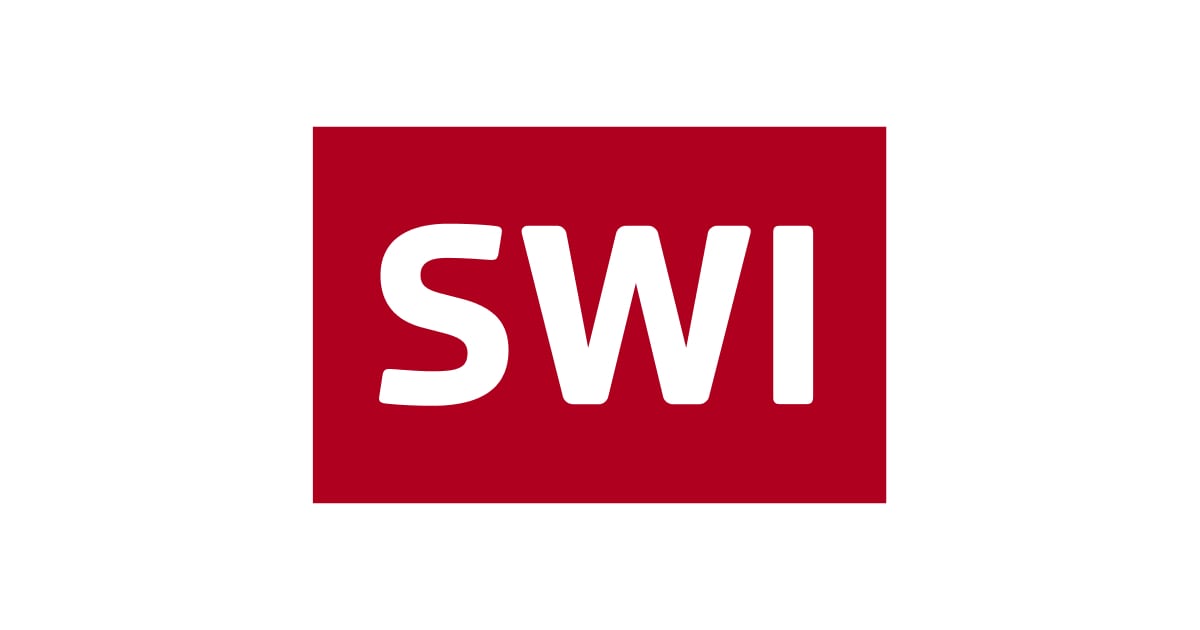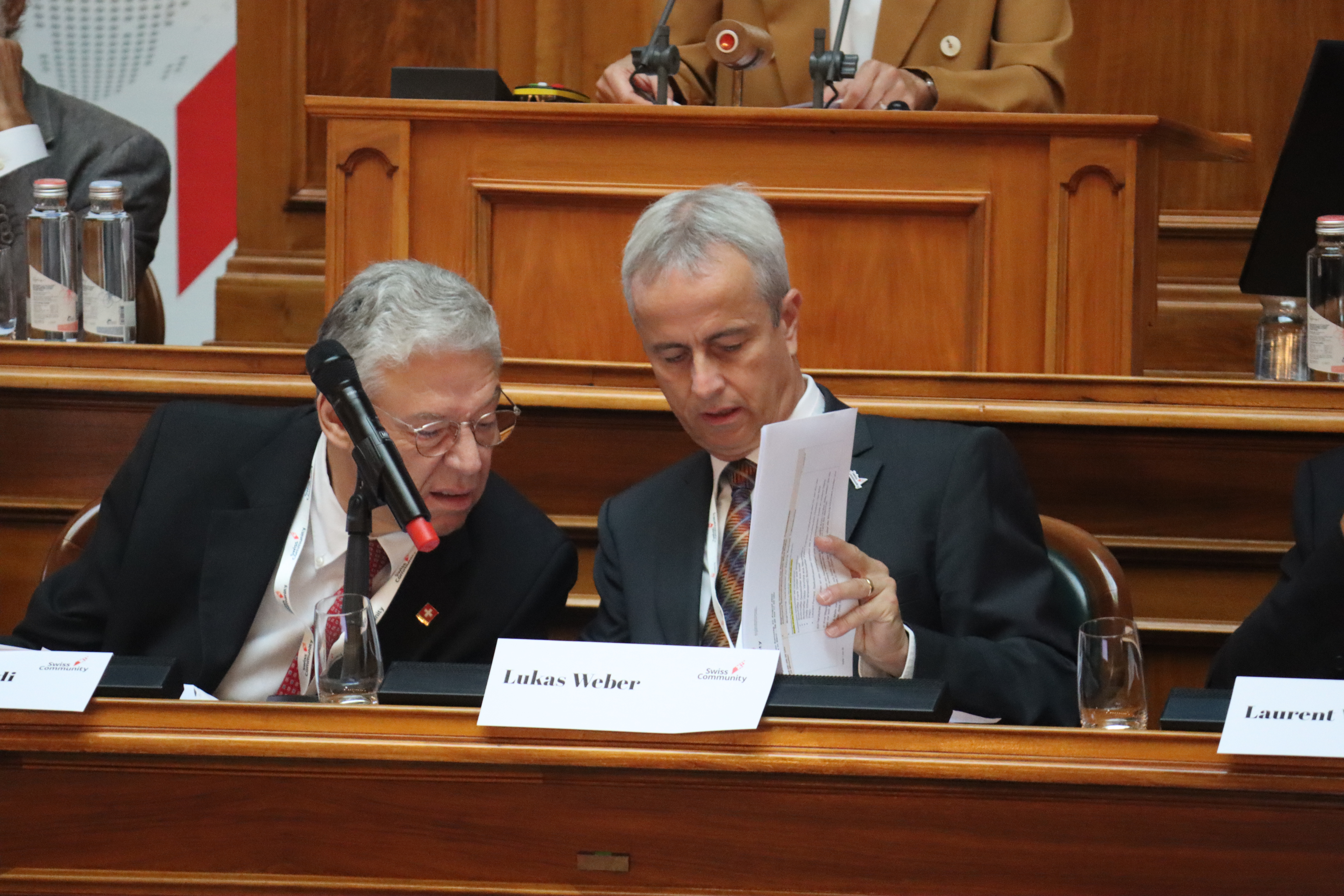
Bank rules slammed for costs to developing world

Switzerland's banking secrecy rules are costing the world's poorest countries billions in lost revenue every year, according to a new campaign.
Non-governmental organisations are urging the government to crackdown on tax evasion and ensure revenue is returned to developing countries.
The campaign, involving 50 charities and NGOs from 20 countries, aims to raise awareness of the wider impact of the existence of “tax havens”.
Campaigners accuse banking centres such as Switzerland, Luxembourg and the Channel Islands of managing fortunes that are beyond the reach of the relevant tax authorities.
The British charity Oxfam says tax havens cost developing countries at least $50 billion (SFr66 billion) a year in lost revenues – roughly equivalent to the world’s annual development aid budget.
Switzerland manages around 35 per cent of the world’s private and international offshore funds, estimated at $2 trillion (SFr2.62 trillion).
“The amount held in Swiss banks in untaxed accounts adds up to five times more than the money Switzerland spends each year on development aid,” Andreas Missbach of the Berne Declaration told swissinfo.
Switzerland’s development aid budget amounted to SFr1.63 billion in 2001.
Tax evasion
Missbach said the Swiss government should seek deals with developing nations on information exchange and the taxation of savings held in Swiss bank accounts, similar to the one under negotiation with the European Union.
Brussels has been at loggerheads with Bern over the taxation of EU citizens savings held in Swiss bank accounts. The EU also wants to share information about savings income to combat tax evasion, but Switzerland says it is not willing to lift banking secrecy.
Earlier this year the two sides agreed a compromise deal whereby Switzerland would levy a withholding tax on EU citizens’ savings and then hand the money over to Brussels.
NGOs say their “tax justice” campaign goes hand in hand with an initiative by the Organisation for Economic Cooperation and Development (OECD), which is looking into Swiss banking regulations as part of its crackdown on harmful tax competition.
The Berne Declaration claims the role of tax havens has risen dramatically in the past two decades and they are now vital cogs in the global business wheel.
“Around half of all financial transactions come into contact in one way or another with tax haven jurisdictions,” explained Missbach.
“It’s a systemic problem of the financial sector and we need both binding international rules to control the flow of capital, as well as legislative change in countries like Switzerland.”
Huge problem
John Christensen, a former economic adviser to the Channel Islands who now advises charities and NGOs, says the scale of the problem is vast.
“Tax evasion has reached almost crisis levels in many parts of world such as Africa, southeast Asia and especially in Latin America, where tax avoidance is endemic through virtually every economy,” Christensen told swissinfo.
“And what makes it worse is that bad practices often stem from the very top, with politicians themselves leading the process of tax avoidance and corrupt flows of capital.”
Campaigners say efforts by the EU and the OECD to reform banking practices in certain countries point to a growing intolerance of inadequate legislation that effectively supports tax evasion.
“There’s more political pressure, and people don’t accept transnational corporations and wealthy individuals paying less and less taxes,” Sven Giegold of the NGO Attac Germany told swissinfo.
“These practices are robbing EU and developing nations of tax revenue and lead to a breakdown in social infrastructure,” he continued.
Pressure needed
But Giegold is confident that the campaign will bear fruit: “Countries such as Switzerland and Luxembourg will have to change their policies – but the question is how long it will take before there’s enough pressure.”
Christensen agrees that it is time countries faced up to their social responsibilities and to the harmful impact of certain banking regulations, such as Switzerland’s long-cherished banking secrecy.
“I think ultimately it boils down to moral and democratic issues,” he explained.
“Tax evasion and other harmful financial practices are increasing social instability in developing world and possibly eventually even in developed world. So is it right for these economies to act in such a harmful way?”
swissinfo, Vanessa Mock
According to the Swiss National Bank, there were SFr170 billion in trust funds from developing countries in Swiss accounts in 2001.
Switzerland’s development aid amounted to SFr1.63 billion in 2001.
NGOs say Switzerland manages up to 35 per cent of the world’s private and offshore assets.

In compliance with the JTI standards
More: SWI swissinfo.ch certified by the Journalism Trust Initiative




































You can find an overview of ongoing debates with our journalists here . Please join us!
If you want to start a conversation about a topic raised in this article or want to report factual errors, email us at english@swissinfo.ch.